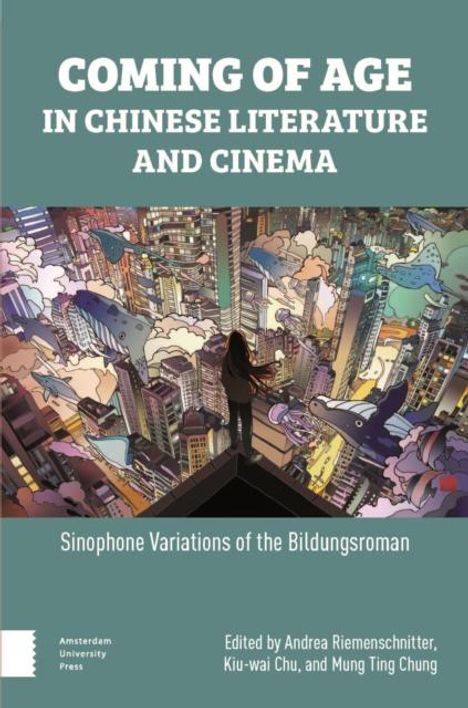Coming of Age in Chinese Literature and Cinema, Gebunden
Coming of Age in Chinese Literature and Cinema
- Sinophone Variations of the Bildungsroman
(soweit verfügbar beim Lieferanten)
- Herausgeber:
- Andrea Riemenschnitter, Kiu-Wai Chu, Mung Ting Chung
- Verlag:
- Taylor & Francis Ltd (Sales), 06/2025
- Einband:
- Gebunden
- Sprache:
- Englisch
- ISBN-13:
- 9789463720793
- Artikelnummer:
- 12206711
- Umfang:
- 326 Seiten
- Gewicht:
- 694 g
- Maße:
- 239 x 164 mm
- Stärke:
- 25 mm
- Erscheinungstermin:
- 17.6.2025
- Hinweis
-
Achtung: Artikel ist nicht in deutscher Sprache!
Klappentext
With the inclusion of twelve original articles by established and emerging international scholars, this volume offers critical reading of literary and cinematic texts produced in China and Sinophone communities between the 1950s and 2010s. The articles portray the lineage and mutations of the Chinese Bildungsroman, providing insights into the tensions between individual and society; nation and the world; and the multiple social, ecological, and virtual realities of recent decades. Concerned with how coming-of-age narratives have persistently returned and evolved over time, the book addresses themes such as family and social change; gender, class, and generational divides, local / global politics, and the ecological and posthuman turns in Chinese / Sinophone culture. It offers a fresh look on how the transnational and transgenerational journeys of Bildungsroman and coming-of-age narratives continuously transform and reinvigorate generic conventions, to explore adolescence as a formative social force and aesthetic experience in Chinese / Sinophone literature and film. This book aims to open up dialogues for better understanding emergent cultural forms that reflect social instability arising from the global spread of contemporary neo-liberal capitalism, and to constitute the foundation of an innovative history of Sinophone literature. It does not only take into account the complicated survival struggles of the subjects of Mao's revolution including refugee-immigrants turned colonial subjects, but also the interaction between literature and the arts as well as between human and nonhuman agents (place, material culture, nature, etc.).

